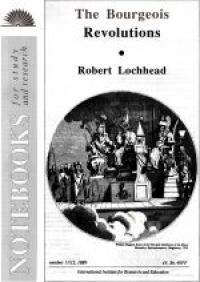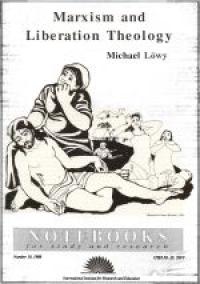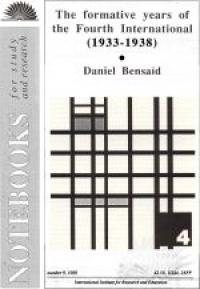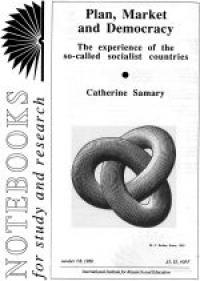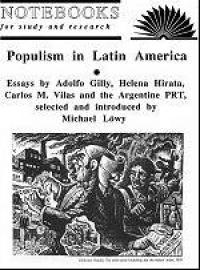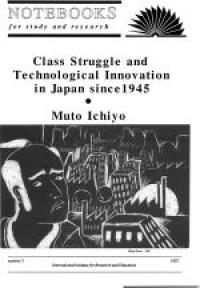The current political relevance of the history of past revolutions is revealed in the ongoing polemics over the meaning of the French revolution of 1789 and the English revolution of 1640-60.
Notebooks
No.11-12 The Bourgeois Revolutions
- by Robert Lochhead, 1989 - 72 pages€5,00
No.10 Marxism and Liberation Theology
- by Michael Löwy, 1988 - 40 pages€5,00Not available
The emergence of revolutionary Christianity and liberation theology in Latin America opened a new chapter and posed exciting new questions. In Marxism and Liberation Theology, Michael Löwy argues that these developments demand a renewal of the Marxist analysis of religion.
No.09 The formative years of the Fourth International (1933-1938)
- by Daniel Bensaïd, 1988 - 48 pages€5,00
A new problem was posed to the movement for socialist democracy in the 1930s. To its fight against capitalism, it now had to add a fight against Stalinist bureaucracy in the USSR.
No.07-08 Plan, Market and Democracy
- The experience of the so-called socialist countries by Catherine Samary, 1988 - 64 pages€5,00
The collapse of the USSR highlighted the dead-end of the sort of planning practised under Stalin, Khrushchev and Brezhnev. But is the only alternative to bureaucratically planned 'command economies' the 'free market'. Rejecting this false choice, Catherine Samary explains that the debate is meaningless unless it is linked to the goal of emancipation.
No.06 Populism in Latin America
- Edited by Michael Löwy, 1987 - 40 pages Adolfo Gilly, Helena Hirata, Carlos M. Vilas & the Argentine PRT€5,00
In most Latin American countries, workers have not formed independent political parties and trade unions. During much of the twentieth century large sections of the worker and peasant masses remained attached to populist parties, which at one point governed half the countries of the continent.
No.05 Class Struggle and Technological Innovation in Japan since 1945
- by Muto Ichiyo, 1987 - 48 pages€5,00Not available
In the 1980s, free enterprise ideologues often presented Japan as a model of social harmony and economic dynamism. The essays included in this Notebook describe the real situation of postwar Japanese workers and unravel the mechanisms of the apparent Japanese consensus, in many cases akin to authoritarian suppression of independent thinking.

